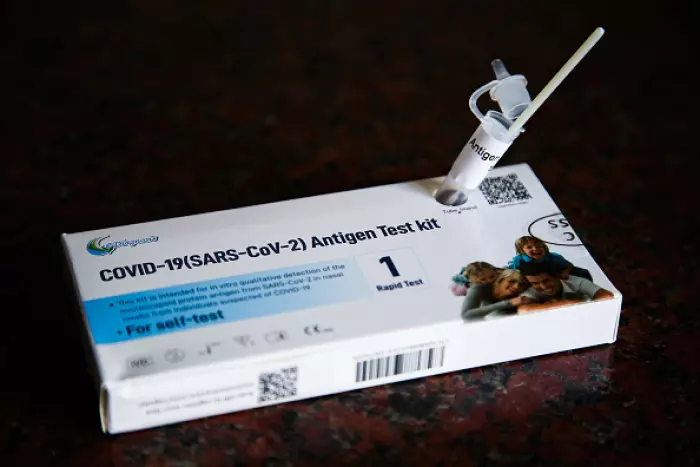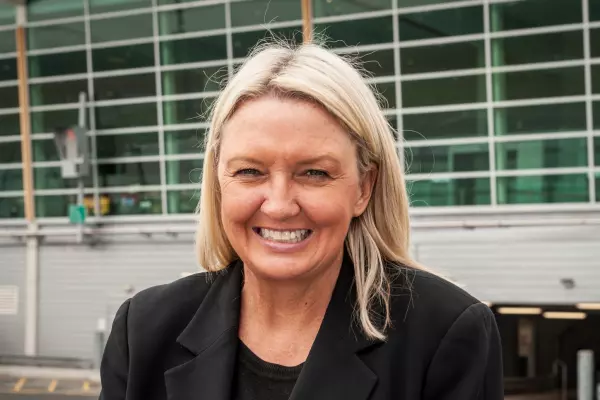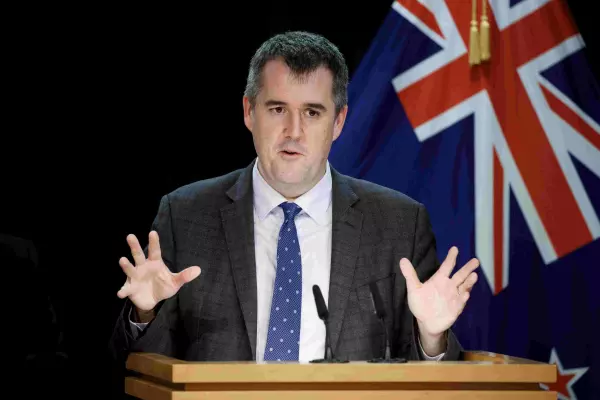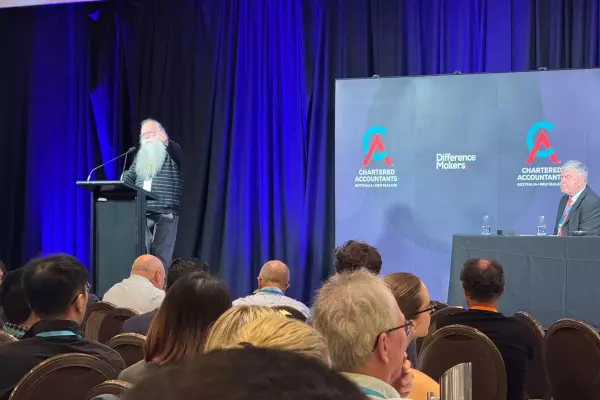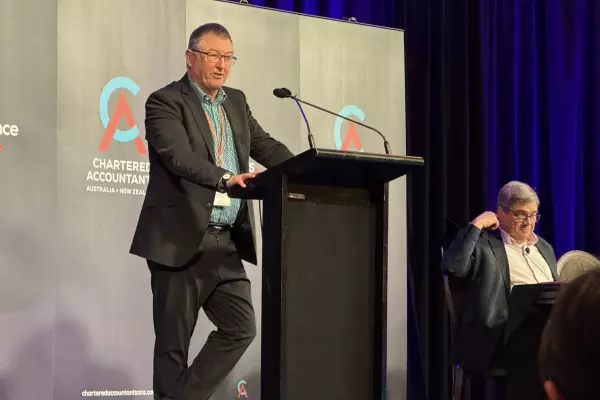A loose coalition of some of New Zealand’s largest companies is banding together to try to force the unbanning of rapid antigen testing from New Zealand.
Major infrastructure and construction firms Downer, Fulton Hogan and Fletcher Building, along with large-scale manufacturers and food producers including Carter Holt Harvey, Fonterra and Heinz-Wattie are involved in the informal group of major corporates, BusinessDesk has learned.
Retailers involved in the push include the supermarket franchises owned by Foodstuffs co-operatives, Woolworths and The Warehouse Group.
Telecommunications providers Chorus, Vodafone and Spark are also understood to be participants, along with Mercury Energy, Auckland International Airport and international freight firms DHL and Mainfreight.
Ebos is understood to be tasked with procuring supplies of the tests internationally, and already has supply contracts for the tests in Australia, where they can be bought over the counter.
In a statement today, the company said it had always been at the forefront of assisting New Zealand in managing the supply and distribution of medicines, vaccines and health related materials.
“Should New Zealand health authorities move to introduce rapid antigen testing it would be EBOS’s expectation that we would play a key role in the procurement and distribution."
Other firms understood to be considering involvement include Genesis Energy, which is already using Rako Science saliva testing at some of its facilities, NZ Steel, and petrol retailer Z Energy.
Challenge to authorities
It is unclear how the group intends to overcome the fact that such tests cannot currently be imported because of a ban imposed by health authorities.
However, the decision to procure a large order of the tests in this way shows the rising frustration among business leaders about the pace and quality of the government’s response to the current covid-19 delta strain outbreak.
The prolonged Auckland lockdown, which it is not clear will end soon, is causing new supply chain and business continuity issues, on top of the problems that firms with international operations have already been experiencing from global freight and port disruptions.
There is also deep concern among those firms involved that there will be a repeat of the slow rollout of saliva testing, which was recommended as an urgent priority in September last year and took almost a year to implement.
One source involved in the project said, “We don’t care what the ministry of health thinks about the test, frankly.
“This is being used all over the world, efficacy rates are high, and all the people involved want to do is to keep their people safe and their factories open.”
Sources told BusinessDesk the group would be seeking a cross-agency response from the government and looking for a fast-track approach to licensing the tests for use in NZ.
Mainfreight managing director Don Braid told BusinessDesk: “Honestly, these things are very, very successful offshore."
The company deploying rapid antigen testing in its operations “all around the world” apart from its home base, NZ.
“They are a great precaution against possible infection. You get a result within 15 minutes and if it’s positive, you can isolate [the staff member] and get a PCR test.
“The only issues we’ve had are in Australia, where we’ve had some false positives – where the device picked up a positive and the PCR came back negative.
“But it was precautionary, and that allowed the business to operate without closing down for a possible infection,” he said.
At around $10 each, the rapid antigen tests were very low-cost, compared to PCR nasal swabs and saliva tests.
Health ministry caution
The health ministry announced last month that it was trialling a rapid antigen test at Middlemore Hospital.
In a statement last month, the ministry said that rapid antigen testing was “used widely overseas for screening of covid-19 in populations where the virus is circulating widely”.
NZ’s elimination strategy made antigen testing “not appropriate here to date” because of the long periods that there had been no presence of the virus in the community.
Antigen tests are less reliable than nasal pharyngeal swab tests or other saliva tests already deployed in NZ, but have the virtue of delivering results within 15 minutes, rather than hours or days for nasal swab and saliva tests.
Health officials are also understood to have been concerned about the potential for false or misreporting of antigen testing done outside the current ministry-controlled national testing and data collection systems.


